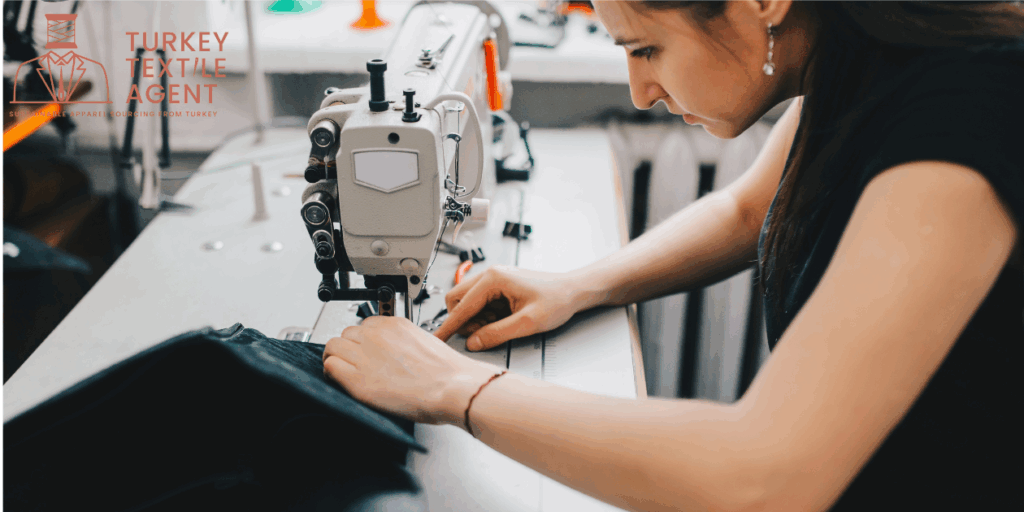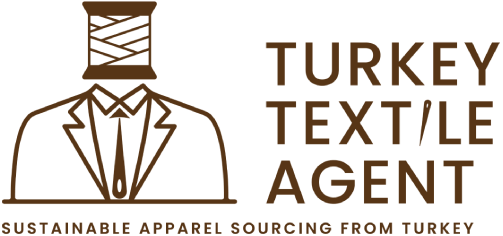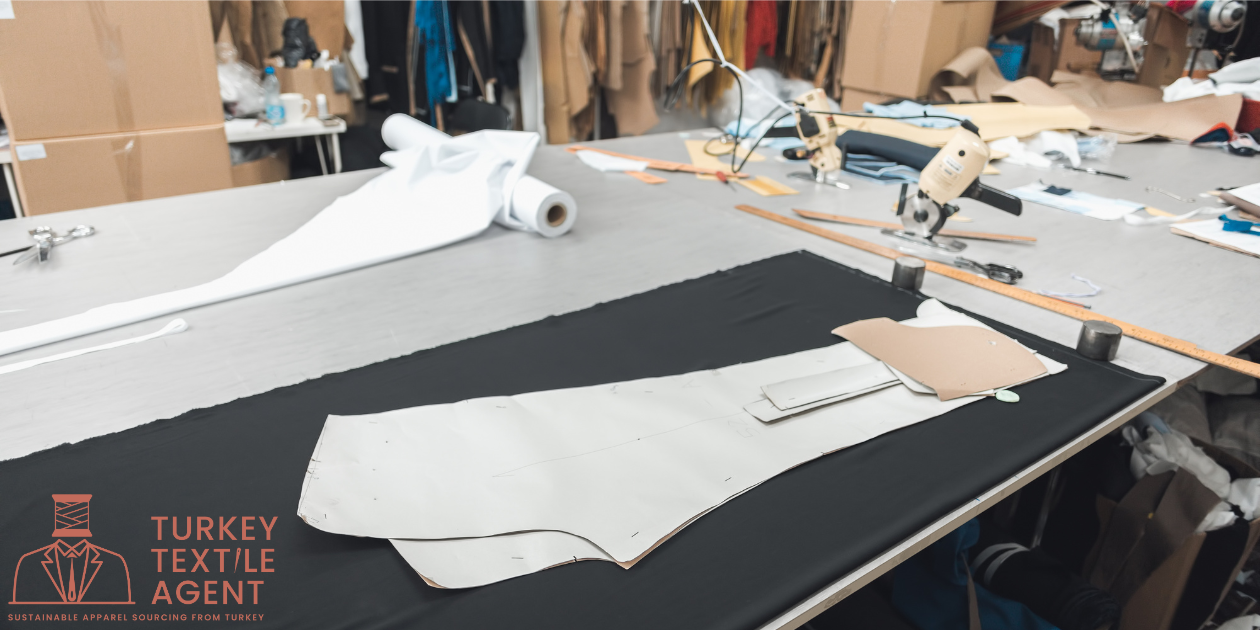The fashion industry is undergoing a monumental transformation as sustainability becomes a priority across the globe. Sustainable fashion in Turkey is no exception, with the country’s textile sector making significant strides toward eco-friendly practices, technological advancements, and ethical production methods. As one of the largest textile manufacturers in the world, Turkey is positioning itself at the forefront of the sustainable fashion movement. This article delves into the latest innovations in Turkey’s textile sector, examining trends, technologies, and initiatives that are reshaping the industry.
Understanding Sustainable Fashion in Turkey
Sustainability in fashion involves practices that reduce environmental impact, promote social responsibility, and ensure ethical production processes. Turkey, a global leader in textile manufacturing, is adapting its centuries-old expertise to meet the increasing demand for eco-conscious fashion. From innovative fabric production techniques to sustainable garment manufacturing processes, Turkey is redefining its role in the global fashion market.
The Role of Turkey’s Textile Industry in Global Sustainability
Turkey’s textile industry has long been recognized for its high-quality fabrics, skilled craftsmanship, and competitive pricing. However, with growing awareness of the environmental and ethical challenges within the fashion industry, Turkey is now focusing on sustainable practices. By embracing eco-friendly technologies, adopting sustainable materials, and implementing circular fashion models, Turkey is establishing itself as a hub for sustainable fashion.
As the demand for eco-conscious products increases globally, Turkish manufacturers are aligning their production methods with sustainability goals. From energy-efficient manufacturing plants to the use of organic and recycled materials, the industry is undergoing a profound transformation that is setting the stage for Turkey to lead the way in sustainable fashion innovation.
Key Trends in Sustainable Fashion in Turkey
Turkey’s textile sector is undergoing significant changes driven by sustainable fashion trends. Here are some of the most notable movements in the industry.
1. Eco-friendly Fabrics and Materials
One of the primary innovations in sustainable fashion in Turkey is the development of eco-friendly fabrics. Turkey is investing in the research and production of textiles made from organic cotton, recycled polyester, and other sustainable fibers. These materials help reduce the environmental impact of fashion production by lowering water usage, pesticide application, and waste generation.
Organic cotton is particularly important in Turkey, where the climate is ideal for its cultivation. Brands and manufacturers are increasingly using organic cotton to produce garments that are free from harmful chemicals, ensuring that both the environment and consumers benefit from the product. Other fabrics, such as hemp and bamboo, are also gaining popularity for their low environmental impact and natural biodegradability.
2. Energy-efficient and Low-impact Production Processes
The shift toward sustainability in Turkey’s textile industry isn’t limited to fabric selection. Manufacturers are also adopting more energy-efficient production methods that reduce the carbon footprint of fashion manufacturing. Energy-efficient machinery, renewable energy sources, and waste management practices are becoming standard in Turkish textile factories.
Many Turkish manufacturers are investing in green technologies, such as solar panels and wind turbines, to power their factories. Additionally, water treatment systems are being implemented to recycle water used in dyeing and finishing processes, ensuring that water waste is minimized.
3. Sustainable Fashion Brands in Turkey
Several Turkish fashion brands have already made a name for themselves by prioritizing sustainability in their operations. These brands are committed to using eco-friendly materials, ethical manufacturing processes, and promoting fair trade practices.
A notable example is Koton, one of Turkey’s leading fashion retailers, which has introduced a sustainable collection made from organic cotton and recycled fibers. Similarly, brands like Mavi Jeans are taking steps to incorporate more sustainable practices into their product lines by using sustainable dyes, water-saving technologies, and ethical labor practices.

These companies are not only producing sustainable fashion in Turkey, but they are also setting an example for other brands in the region to follow. As consumer demand for eco-conscious fashion continues to rise, it is likely that more Turkish brands will join the movement.
4. Circular Fashion and Recycling Initiatives
Circular fashion, which focuses on reusing, repairing, and recycling garments, is another trend gaining traction in Turkey. Circular economy principles are being applied to textile production, with an emphasis on reducing waste by extending the life cycle of fashion products.
Turkish manufacturers are exploring innovative ways to recycle textiles and repurpose old garments into new products. Companies are also partnering with organizations to collect used clothing for recycling, ensuring that materials are reused instead of ending up in landfills.
Recycled polyester and upcycled fabrics are becoming more prevalent in Turkey’s textile production. These materials help conserve resources and reduce the environmental impact of fashion manufacturing.
5. Ethical Labor Practices and Fair Trade
Sustainability in fashion extends beyond environmental concerns to include social responsibility. In Turkey, a growing number of textile companies are focusing on ethical labor practices and fair wages for workers. Fair trade certifications are becoming more common, ensuring that workers in the Turkish textile industry are paid fairly and work in safe conditions.
Additionally, many Turkish manufacturers are committing to improving the welfare of their workers through training programs, health and safety measures, and community initiatives. By prioritizing fair labor practices, Turkish fashion brands are ensuring that their sustainable products are aligned with ethical values.

Innovative Technologies Revolutionizing Turkey’s Textile Industry
Technological innovation is playing a pivotal role in shaping sustainable fashion in Turkey. From advancements in fabric production to cutting-edge manufacturing techniques, these technologies are helping to reduce waste and improve the efficiency of production processes.
1. 3D Knitting and Seamless Garment Manufacturing
One of the most exciting technological advancements in the textile industry is 3D knitting. This technology allows for the creation of seamless garments that are both comfortable and environmentally friendly. By eliminating the need for cutting and sewing, 3D knitting reduces fabric waste and energy consumption.
In Turkey, several textile manufacturers are investing in 3D knitting machines to produce garments that have minimal waste and can be customized to meet consumer preferences. This innovation is not only helping to reduce environmental impact but also making fashion more personalized and sustainable.
2. Digital Fabric Printing
Digital fabric printing is another breakthrough technology that is gaining popularity in Turkey’s textile sector. This process involves printing designs directly onto fabric using inkjet technology, reducing the need for water and chemicals traditionally used in screen printing. Digital printing also allows for more intricate designs and shorter production runs, which reduces waste.
Many Turkish textile manufacturers are adopting digital printing techniques to create more sustainable designs while reducing their reliance on harmful chemicals and excessive water usage.
3. Artificial Intelligence in Textile Production
Artificial intelligence (AI) is also being used in the textile industry to optimize production processes and reduce waste. AI-powered systems can predict demand, optimize fabric cutting patterns, and monitor production quality in real-time, helping manufacturers minimize waste and improve efficiency.
In Turkey, some textile companies are leveraging AI to automate various stages of production, ensuring that resources are used more efficiently and waste is minimized.
Future Outlook for Sustainable Fashion in Turkey
The future of sustainable fashion in Turkey looks promising, with both public and private sectors working together to create a more sustainable and ethical textile industry. As global demand for eco-friendly products continues to rise, Turkey’s textile sector is expected to play a pivotal role in shaping the future of fashion.
By embracing innovative technologies, promoting circular fashion, and adhering to ethical labor practices, Turkey is set to become a global leader in sustainable fashion. As consumers increasingly demand transparency and sustainability from brands, Turkey’s textile manufacturers will continue to evolve, creating a more eco-conscious and socially responsible fashion industry.

